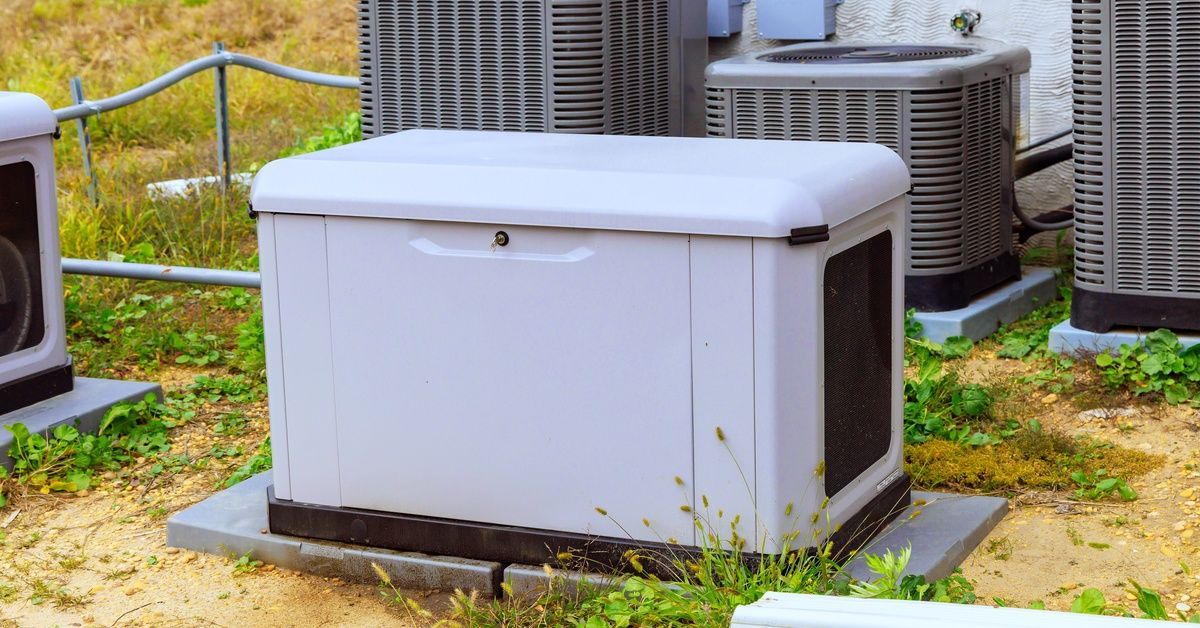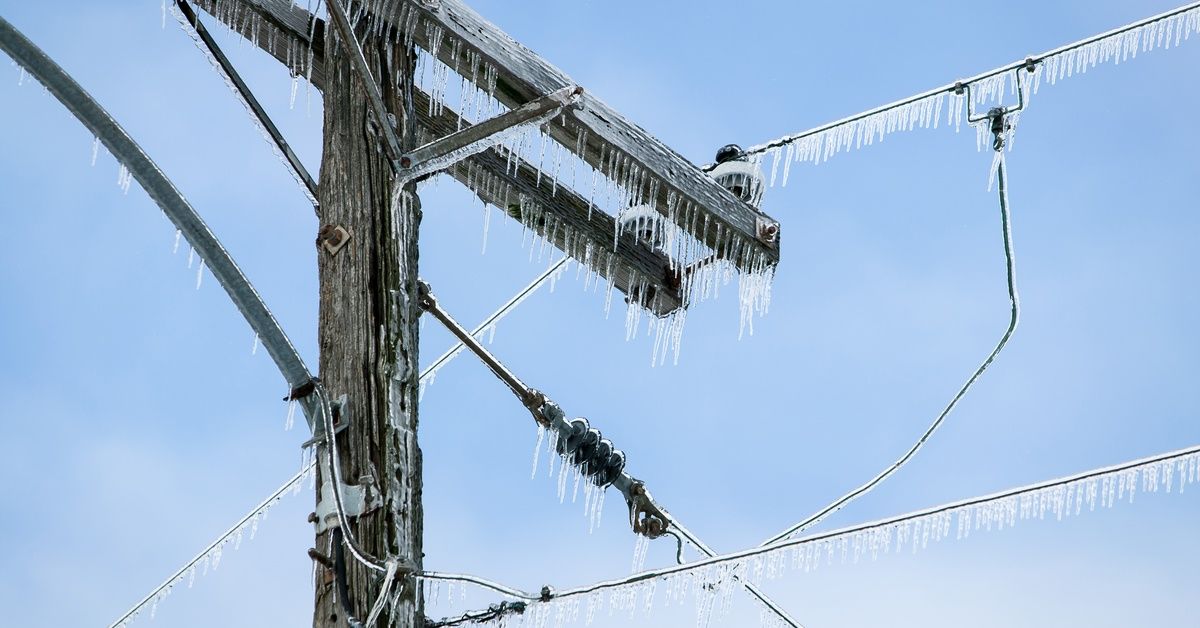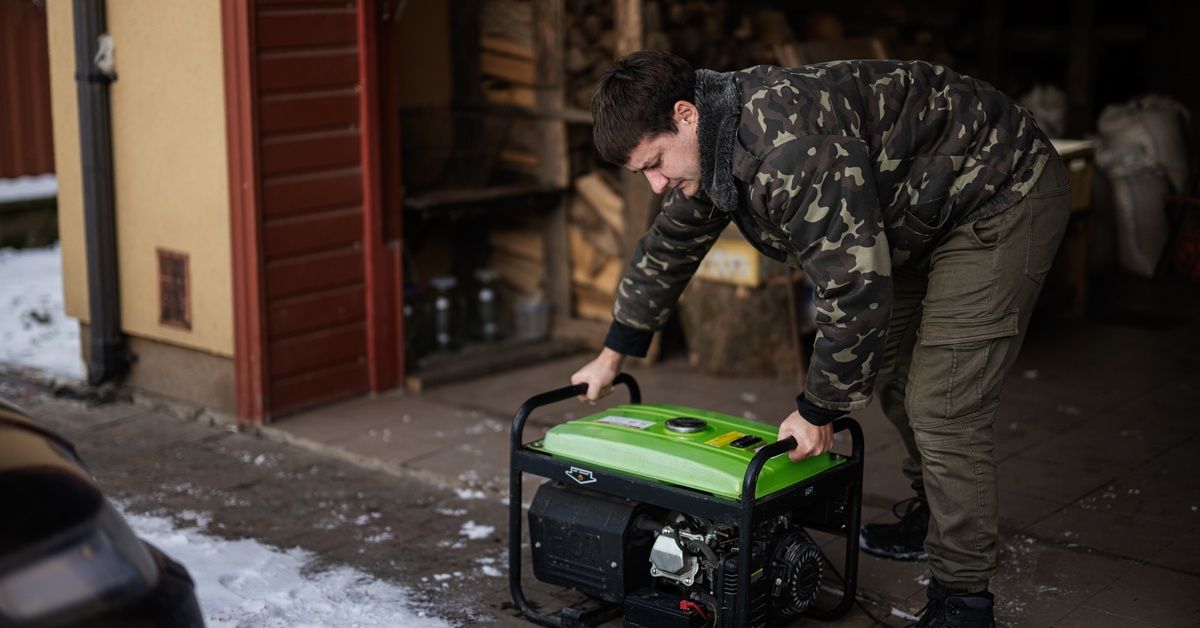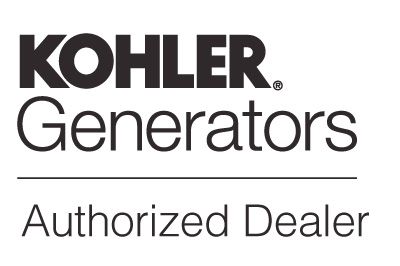Properly Storing Fuel for Your Generator
An essential aspect of home generator maintenance is properly storing its fuel supply. Homeowners must store fuel year-round because they never know when they’ll have to pull out their generators due to a power outage. The right precautions for fuel storage will vary based on your generator system’s needs and the regulations set by manufacturers and local governments. Learn how to safely store your generator’s fuel supply using this short guide.
Different Types of Generator Fuel
Before we explore properly storing fuel for your generator, we must go over the different types of fuel that standby generators use. The three most common fuels include propane, diesel, and natural gas. Each has varying storage needs based on stability and source.
Propane and diesel fuel are stored in tanks that can be installed above or underground, depending on local building codes. If your standby generator is fueled by natural gas, its fuel supply typically comes from a direct gas line connected to your home. People with natural gas generators don’t need to worry about fuel maintenance but should be wary of gas leaks.
Storing the Right Amount of Fuel
Fuel tanks for home generators come in different sizes measured in gallons. Diesel or propane fuel tanks can range from 25 to 1,000 gallons, but the most common tank sizes are between 100 and 500 gallons. The right size tank for your home will depend on its electricity needs during a power outage and how long you intend to power your generator. You might also be limited by municipal and state ordinances on how much fuel you can store on your property.
Best Practices for Fuel Storage
Homeowners need to follow some general best practices to prevent fuel from deteriorating, leaking, or catching fire. The first thing to consider is the location of your fuel tank. It should be in a cool, dry space that is protected from water and heat sources. Never place your fuel tank inside your house.
Store generator fuel in an accessible location for maintenance purposes. Propane does not degrade over time, but diesel only remains stable for 6–12 months without additives, depending on the climate of your region. You can extend your diesel’s shelf-life and prevent bacteria growth by adding a fuel stability treatment.
NW Generators Pros specializes in quality home generator service, from installation to maintenance. Our team can help you decide the best standby generator for your needs in case of a power outage.






